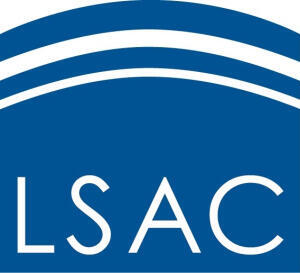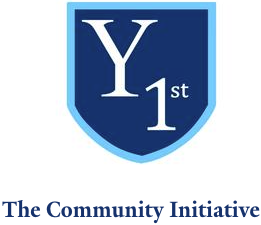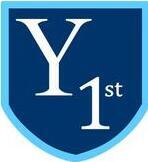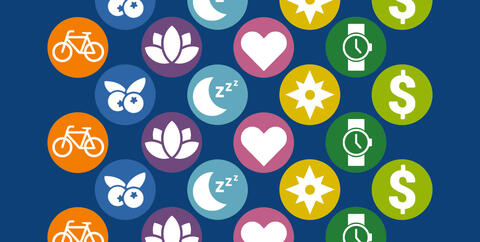What is a budget? Do I need one?
At the most basic level, a budget is a way to keep track of the money you are getting and the money you are spending. A budget is a great way to make sure that you can cover your expenses from month to month.
If you have a set income that you use to cover your expenses, chances are, making a budget is the right choice for you.
How to create a budget
Before you set up your budget, you are going to want to figure out your goals. Are you trying to save money? Are you trying to invest? Are you trying to leave as much money as possible for general spending, or do you need to reserve it for standard expenses such as rent and groceries? Having a goal in mind for your budget is important when you decide how much money to set aside and how much to spend.
It is also important to know exactly where your money comes from, and know how much you are bringing in. If you have multiple sources of income, it might be helpful to make a list so you know how much money you are making each month.
A great way to set up a budget is by calculating how much money comes in each month vs how much needs to come out (and make sure you add a little something for fun too!). Some common examples of necessary expenses are:
- Rent
- Groceries
- Utility bills
- Household and personal supplies
- Transportation costs
- Gas (if applicable)
Common budgeting tools recommend saving about 20 percent of your income each month, which can be used for emergencies or can be kept in a savings account to grow.
After you have subtracted all necessary expenses from your income, you will be left with the excess money that you can spend or save. Common budgeting tools recommend saving about 20 percent of your income each month, which can be used for emergencies or can be kept in a savings account to grow. The rest of the money left over can be used for whatever you want! That way, you can enjoy an extra fun night out with friends or a shopping spree, and know that your necessary expenses are taken care of.











